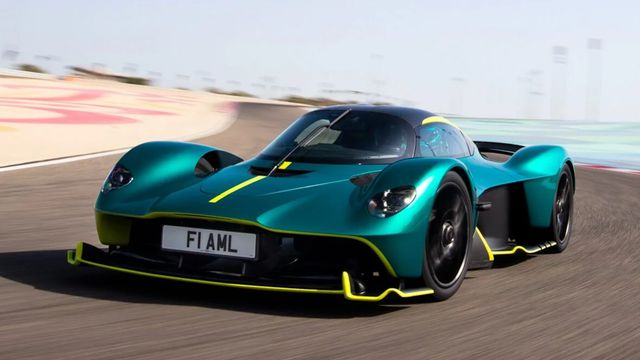VOLVO

Brand starts tests with HX04 articulated truck with fuel cells
Volvo Construction Equipment remains committed to driving change towards a zero-emissions future. The company started testing the Volvo HX04, a prototype of an articulated truck with fuel cells. The results will provide insights into the possibilities offered by this technology as Volvo CE continues research for its future product development programs.
Volvo CE has accelerated its work on sustainable energy sources, acting in accordance with its commitment to Science-Based Targets (SBTi). The goal is to achieve net zero greenhouse gas emissions by 2040, within the entire chain, driving the sector's transformation towards carbon neutrality.
As part of this journey, the company developed a prototype articulated hauler, the Volvo HX04, with emission-free hydrogen fuel cells. In addition to already offering battery-electric machines (Volvo CE offers the largest electric portfolio in the sector), the company is also directing efforts to explore the potential for electrification through this other technology.
“We were the inventors of the world's first articulated hauler over 55 years ago. Now we are pleased to again drive change with this fuel cell powered truck. While still a prototype, this innovation will provide valuable insights into hydrogen's energy transformation opportunities alongside other battery electric solutions. We believe that by exploring multiple technologies, we can forge a better path towards decarbonising the construction sector,” says Carolina Diez Ferrer, director of advanced engineering programs at Volvo CE.
Driving change through partnerships...The Volvo HX04 is the result of a research project carried out between 2018 and 2022. The prototype is funded by the FFI, a national collaboration between Vinnova, the Swedish Innovation Agency; Swedish Energy Agency, Swedish Energy Agency; and the Swedish Transport Administration, Swedish Department of Transport. The action consists of supporting research, innovation and strategic development in sustainable vehicles. Partnerships also include RISE, Research Institutes of Sweden, as well as PowerCell Sweden, an incubator of fuel cell-based hydrogen energy solutions.
The development and construction of the prototype was largely carried out at Volvo CE's plant in Braas, Sweden. In this same factory, in 1966, the Gravel Charlie was born, the first articulated truck in the world. That's why the Volvo HX04 got the nickname 'Electric Charlie'. Engineers at the Eskilstuna Technology Center, also in Sweden, contributed software and knowledge from their fuel cell testing laboratory. While not yet commercially available, this concept vehicle will inform production in the future.
Hydrogen refueling station...The infrastructure for hydrogen is still being developed. Shell has installed a refueling station at Volvo CE's test track in Braas. Shell and the Volvo Group are founding members of H2Accelerate, a collaboration between companies to advance the conditions for the introduction of hydrogen trucks in Europe.
“Providing the fueling infrastructure for this innovative project gave Shell the opportunity to demonstrate our technical capability in hydrogen. In addition, it allowed support for one of our main partners, in another step in their decarbonization journey, which is also part of our strategy”, says Oliver Bishop, Shell's manager for hydrogen mobility.
How it works...The process of filling the Volvo HX04 with 12 kg of hydrogen takes about 7.5 minutes, allowing the equipment to run for approximately four hours. Fuel cells work by combining hydrogen and oxygen. The resulting chemical reaction produces the electricity that drives the machine. In this process, the fuel cells also produce heat, which can be used to heat the cabin. The only emission is water vapor.
In principle, a fuel cell works very similarly to a battery. But instead of being charged through an external source, it has the ability to generate its own electricity from on-board hydrogen. Equipment with fuel cell electric power trains has an available machine time (uptime), autonomy and supply similar to those powered by a combustion engine.
Battery-powered electric vehicles and biofuels are now commercially available as more sustainable alternatives to fossil-based diesel. The commercialization of hydrogen powered machines is expected in the second half of this decade.
Source: Volvo CE

Nenhum comentário:
Postar um comentário